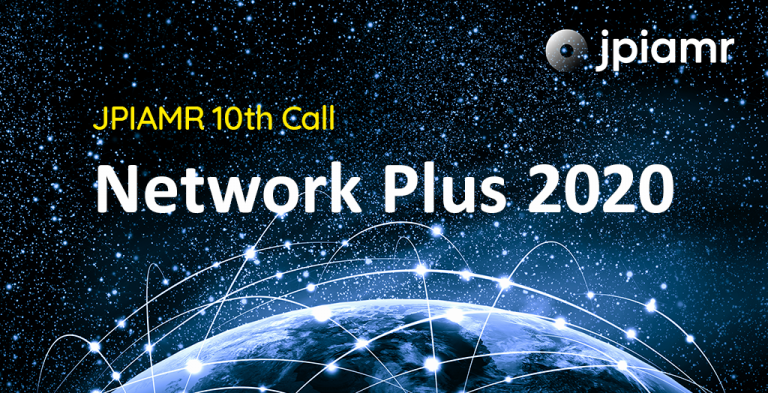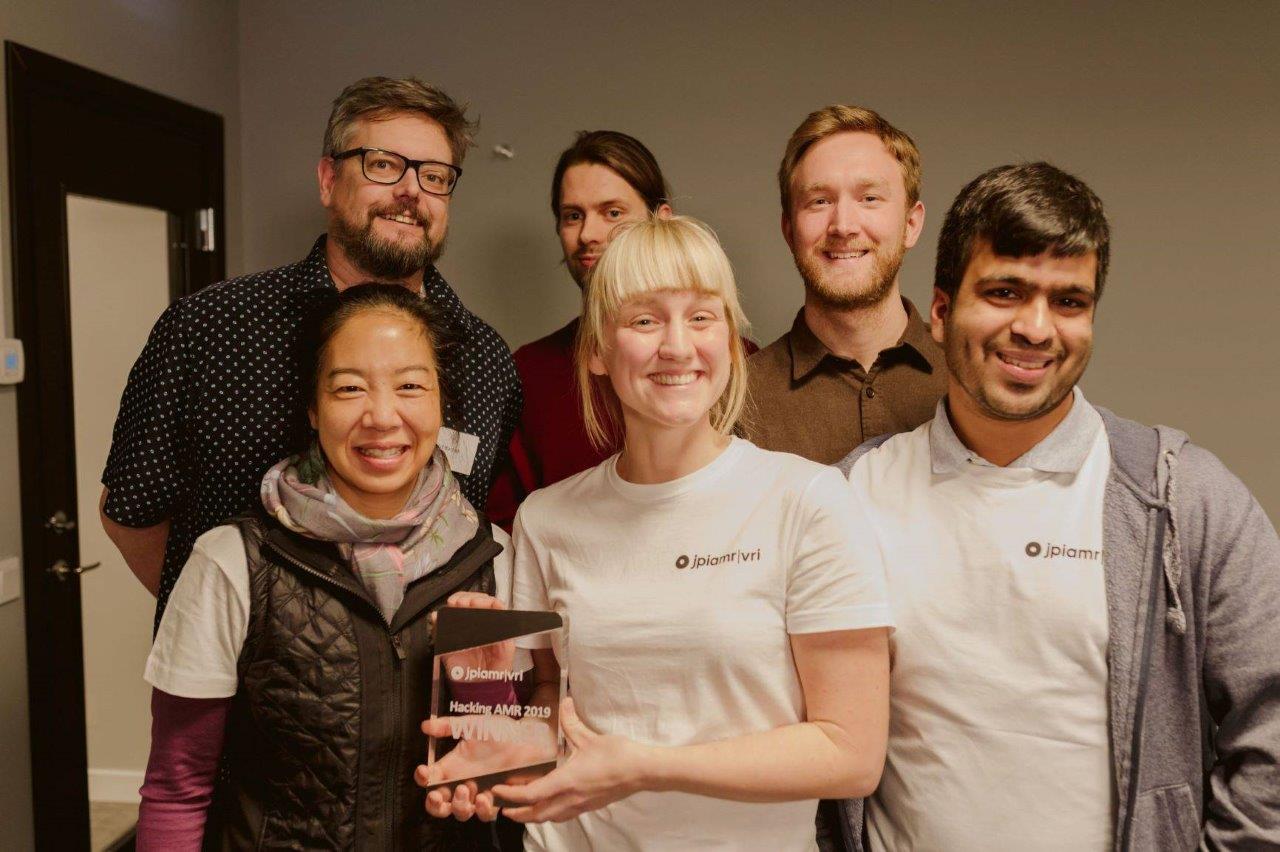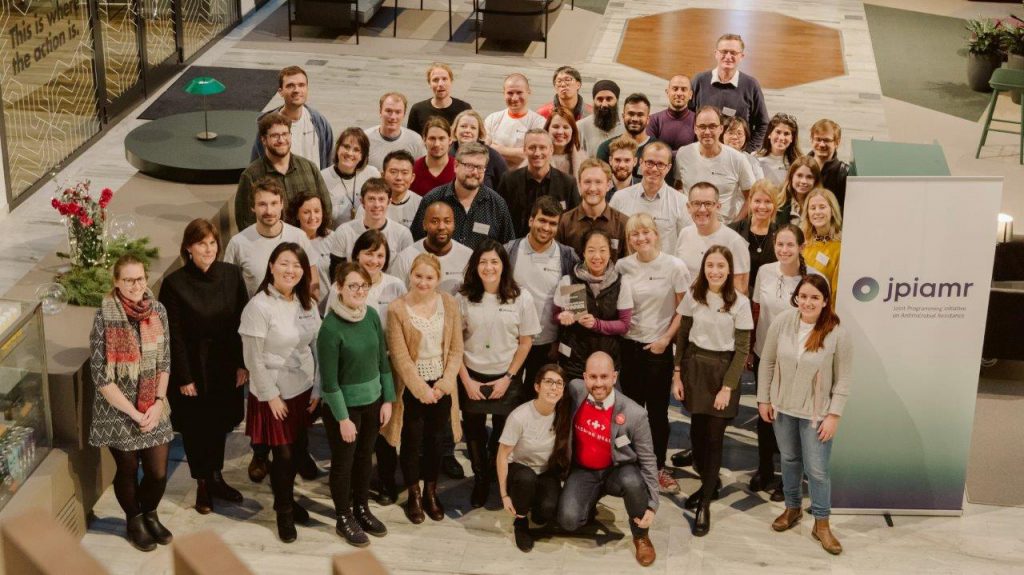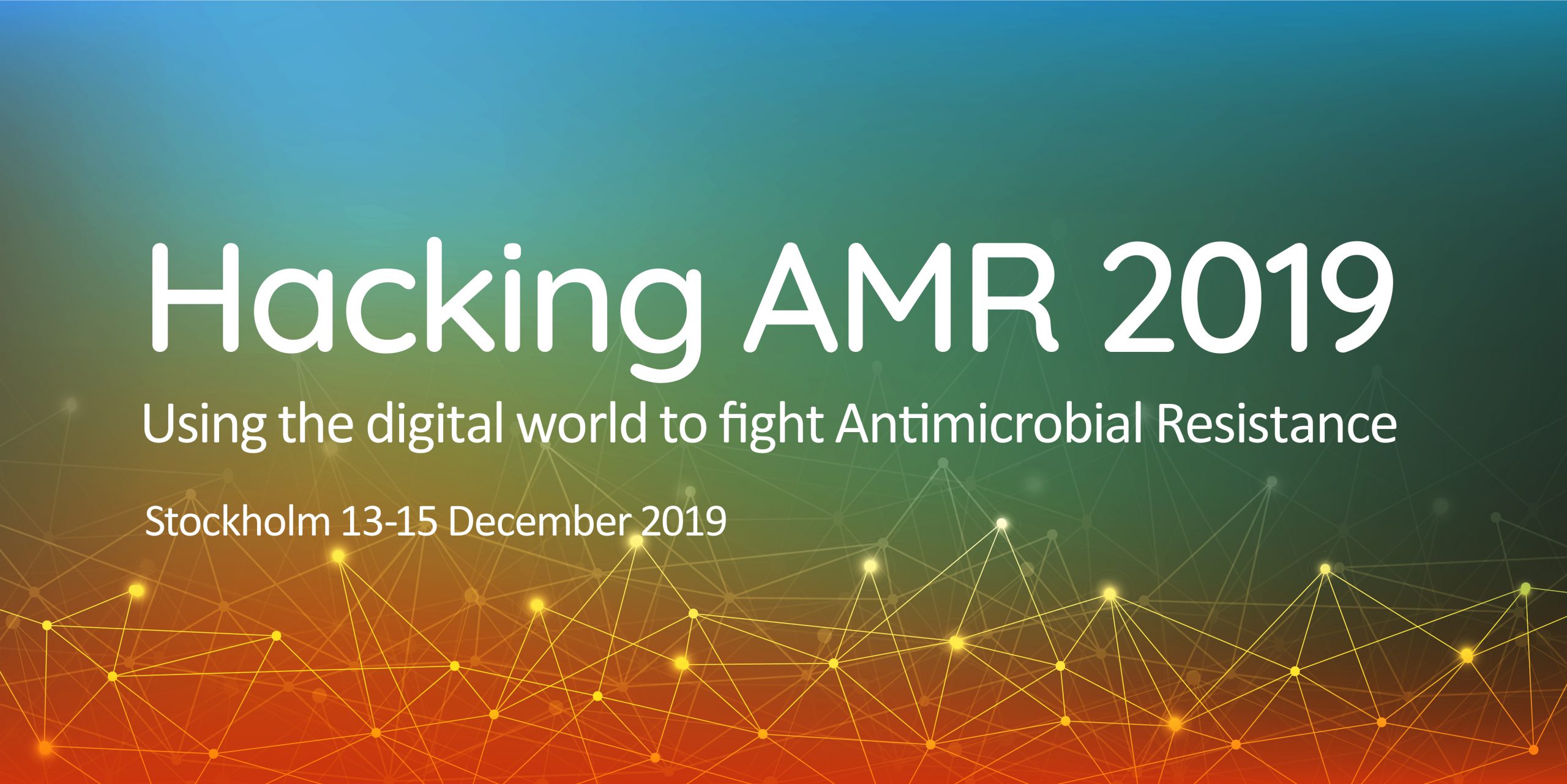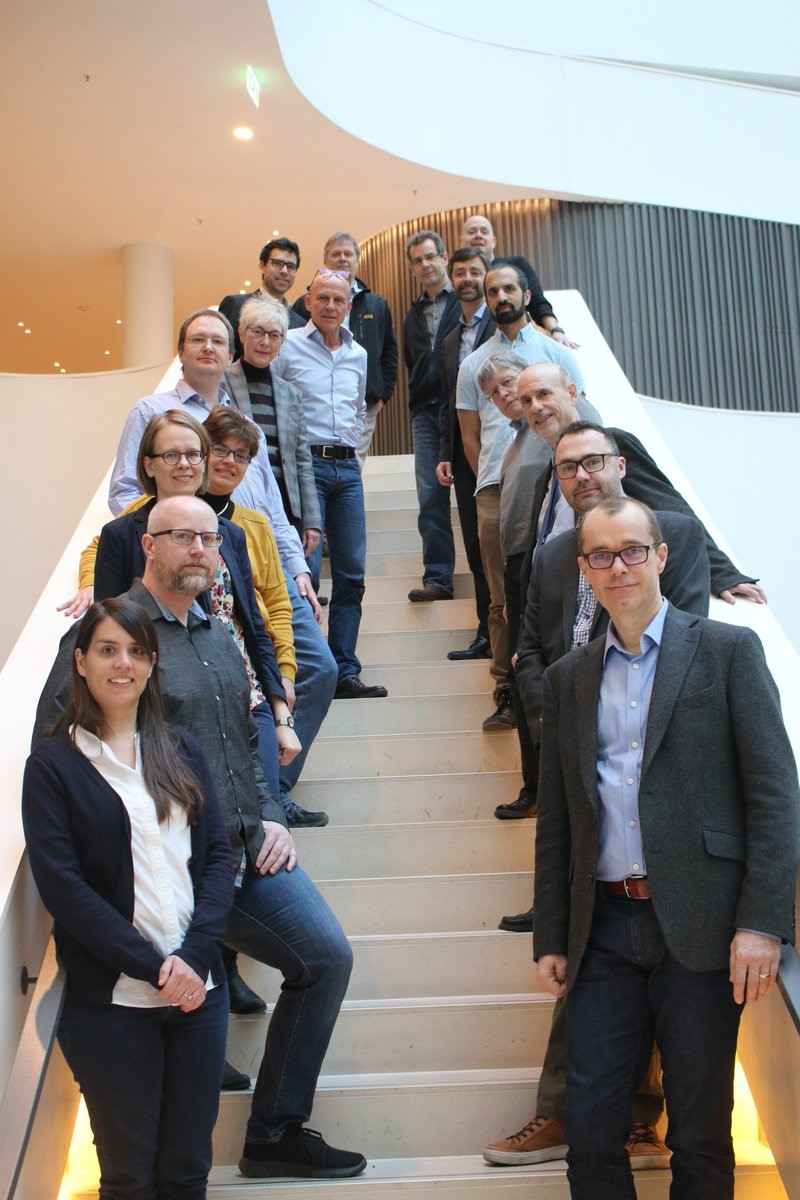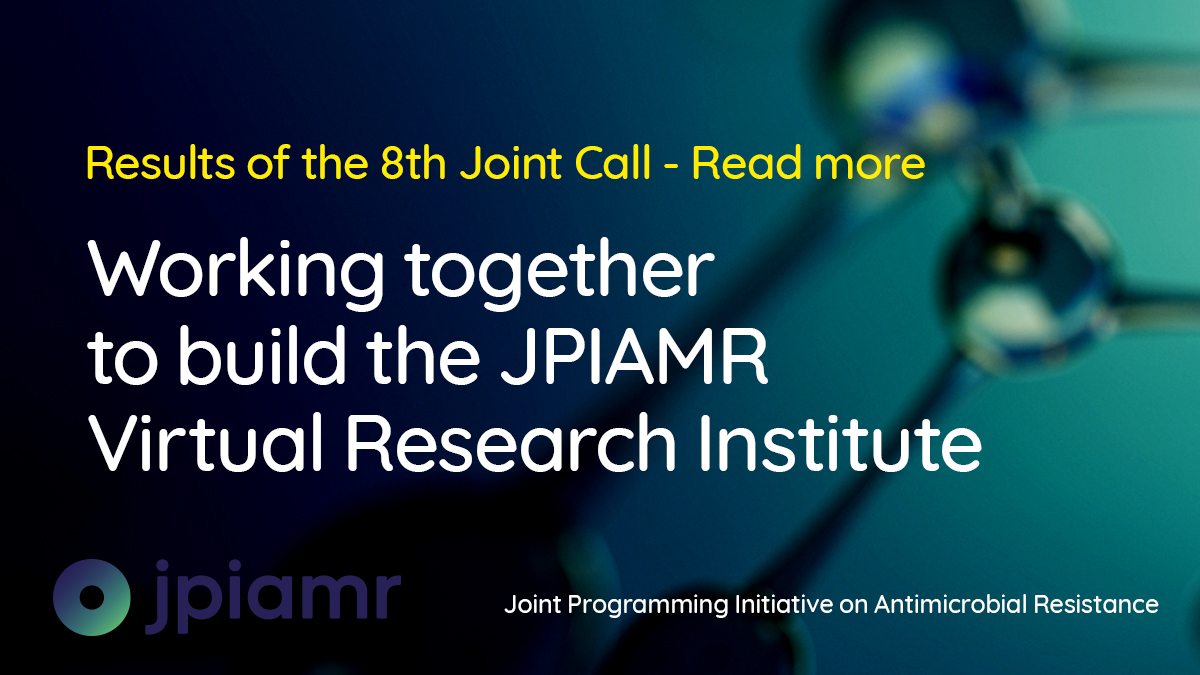The JPIAMR is launching the tenth joint call for transnational networks in partnership with seven member countries; Canada, France, Italy, Latvia, Norway, the Netherlands, Spain, and Sweden.
JPIAMR Network Plus 2020
Due to the current COVID-19 situation the deadline for the call has been postponed until May 28th, 17.00 CET. The timeline is updated accordingly.
The JPIAMR is launching the tenth call for transnational networks in partnership with eight member countries; Canada, France, Italy, Latvia, Norway, the Netherlands, Spain, and Sweden.
The intent of the call “JPIAMR Network Plus 2020” is to support networks to design and implement ways to support AMR research considering at least one of the six strategic areas of the JPIAMR Strategic Research and Innovation Agenda: Therapeutics, Diagnostics, Surveillance, Transmission, Environment and Interventions. Networks should develop and implement activities focusing on AMR within the domains of Human health, Animal health and the Environment. The Networks are encouraged to bridge multiple One Health areas as needed and to consider the incorporation of their activities within the JPIAMR-Virtual Research Institute (JPIAMR-VRI).
Networks will be funded with €50,000-100,000 per year per Network for one to two years, to connect experts from research performing organisations and establish expertise clusters in the AMR community. Networks may build upon new or existing global collaborations/partnerships. The total budget of the call is approximately 940,000 Euro.
The formation of larger, multi-coordinator Networks is possible according to national rules. This is an ERA-NET JPI-EC-AMR additional activity.
Note that JPIAMR Network calls do not fund research projects.
For more information and link to the application portal see the JPIAMR Network Plus call page: utveckling.jpiamr.eu/10th-call/
Call procedure
The JPIAMR Network Plus Call has a one-step procedure. The final funding decision will be announced by the end of July to early September 2020.
Opening of the call: 10th February 2020
Closing of the call: 28th May 2020, 17.00 CET
JPIAMR Network Plus Call Secretariat and National Points of Contact
The JPIAMR Network Plus 2020 Call Secretariat is hosted by the Italian Ministry of Health, It-MoH.
All questions on the pre-announcement should be sent to: networkpluscall2020@sanita.it
For more detailed information on the JPIAMR-VRI, please visit: utveckling.jpiamr.eu/jpiamr-vri
